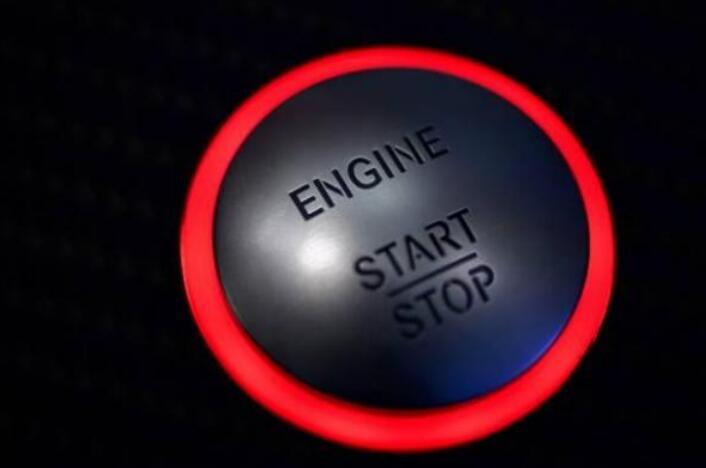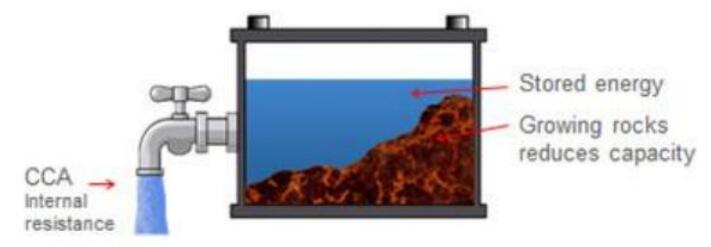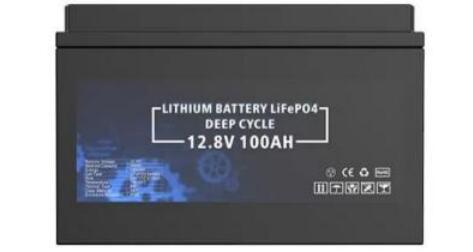Precautions for Start Stop Car Battery
Even in caring for your Start Stop Car Batteries, precaution is better.

No other part in a vehicle is as disappointing inclined as the starter battery. As per ADAC (Allgemeiner Deutscher Automobil-Club), battery issues have risen multiple times somewhere in the range of 1996 and 2010. ADAC, Europe's biggest car club, says further that every third breakdown includes either a released or imperfect battery. The report distributed by the German "Motorwelt" in May 2013 additionally expresses that the main few starter batteries arrive at the normal age of five years, and this applies to all vehicles. The measurement was gotten from multiple million breakdowns that the ADAC vehicle club commonly gets in a year. The concentrate just incorporates more up-to-date vehicles; administration inclined vehicles over six years of age were barred.
Battery issues are not restricted to Germany, a country that creates probably the best vehicles. Japan additionally says that battery breakdown is the biggest single objection among new vehicle proprietors. Low charge prompting sulfation and corrosive separation is a typical reason for disappointment. This is particularly evident in blocked Japanese urban communities where drivers just drive a normal of 13km (8 miles) each day. North America might be protected from these battery issues to a limited extent because of significant distance driving.
Battery producers are investigating the high disappointment rate and the outcomes are bewildering. A main Germany battery creator checked 400 starter batteries that had been returned under guarantee and viewed that 200 of them had no issue. Another battery maker uncovered that real plant flaws on guarantee returns add up to just 5–7%. Something doesn't make any sense.
At the point when Cadillac presented the starter battery in 1912, the primary object was to give beginning, lighting, and start capacities. Today, the battery additionally helps with directing and breaking, other than solace adding highlights like warming and cooling. Essentially opening the driver entryway makes a 20A stream, also power helps side entryways and back ends. Start-stop work is another interest that extends the overflowed lead corrosive battery past its ability. This prompts capacity misfortune and untimely disappointment.
Capacity is the main well-being mark of a battery. Estimated in Ah (ampere-hours) or RC (save limit in minutes 25A release), limit reflects how much energy a battery can hold. CCA (cold wrenching amp) is liable for power conveyance and identifies with the interior battery opposition. Figure 1 uncovers CCA as a free-streaming water tap and limit as fluid in a holder. The interfering stone substance exhibits irreversible capacity misfortune.

Figure 1 Graphic representation of a starter battery
CCA addresses power conveyance for great engine wrenching; the limit is energy stockpiling shown as fluid.
Capacity blur doesn't influence wrenching observably, and most starter batteries perform well until the motor won't turn one morning. A battery doesn't kick the bucket abruptly; it basically runs out of limit. This is like a jogging horse that keeps its energetic exhibition until the possible breakdown of weariness.
The huge number of guarantee returns and more responsible option disappointment is to some extent to a fault in absence of dependable battery analyzers. Most analyzers read just CCA; Capacity, the main wellbeing pointer, is obscure. As the capacity decreases with use and age, the inside opposition stays low. This renders resistive estimations inconsistent as a condition-of-wellbeing and end-of-life pointer. This prompts wrong diagnostics in which a decent battery is being supplanted by mistake and one with a low limit is passed, just to fizzle out and about.
Lithium-ion Phosphate(LiFePO4)
Li-ion starter batteries are currently being advertised and advised. Their small size and lightweight are striking. That's why HOUNY has specifically developed and launched a series of car start-stop batteries that use automotive-grade lithium iron phosphate batteries and a built-in intelligent battery management system (BMS).

Quality lithium-ion batteries are safe if used as intended. However, statistics showed high rates of heat and fire accidents had been reported in consumer products that use
non-certified batteries. That's why HOUNY utilizes LiFeO4 batteries which are the safest lithium battery type currently available on the market today — 100% safe, non-toxic, and renewable energy. Compared to the 200-500 cycles and 3-year life of lead-acid batteries, HOUNY's rechargeable batteries provide more than 4,000 cycles (10 times longer) and a 10-year life. This is 2000-3000 cycles longer than other LiFePO4 batteries on the market.
Lithium-ion deep cycle batteries are manufactured using automotive-grade lithium iron phosphate batteries, which offer superior quality due to higher energy density, more stable performance, and more power. With overcharge, over-discharge, overcurrent and
short-circuit protection, and a high self-discharge rate. A lithium-ion deep cycle battery has a capacity of up to 300Ah, low self-discharge rate, low capacity loss, and is 40% stronger than lead-acid batteries of the same size (lead-acid batteries have a depth of discharge of about 60%).
For more inquiries:
ABOUT HOUNY
Website: www.hounypower.com
Telephone: +86 755 8399 4783
Email: market@houny.cn

评论
发表评论